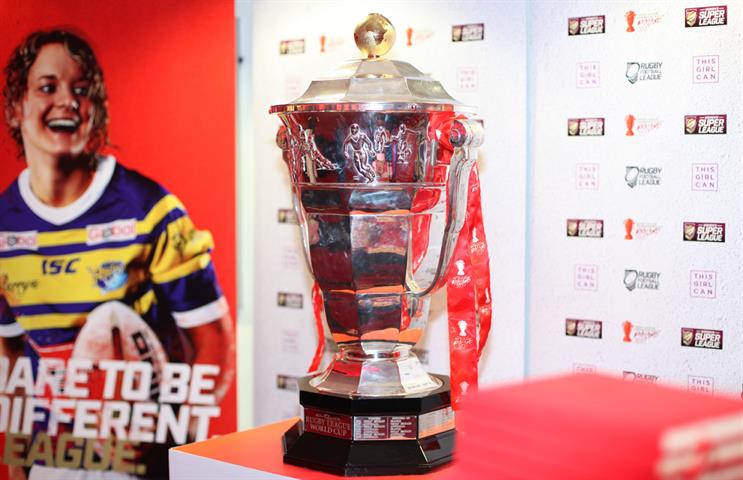Women’s sport is an evolving narrative. Thanks to their impressive achievements, female athletes stand poised to smash the dominance of male sporting endeavour in the hearts, minds and wallets of UK sports fans and casual audiences alike – and with good reason. British women’s teams hold two world cups and an Olympic gold – for rugby, cricket and hockey respectively – an awards haul that their male equivalents can only dream of at present.
Broadcasters are increasingly handing over more airtime to women’s tournaments as audience figures soar. A record four million viewers watched England Lionesses’ heart-breaking exit from the Euros 2017 and it was the most watched soccer match in the US to date.
Judging by the turnout for Women’s Sport – a Golden Opportunity, our event at London’s Imax on 8 February, it is clear that brands are turning their attention to this arena. At the event, retired footballer Kelly Smith, one of the finest England internationals of her generation, explained why women’s sport is breaking through right now. Smith told of the aloofness of male footballers, describing them as ‘unavailable’ compared with the female players, who were closer to their audiences and more prepared to showcase their personalities on and off the pitch.
Smith’s description of her early experiences as the star performer in an all-boys team – and how she was forced out of the league on account of her sex – revealed her purpose and authenticity, two qualities that chime resoundingly with modern audiences.
This is a classic overcoming-all-odds tale – a content creator’s hot ticket and a story that any aspirational sponsor would love to be associated with. Ad industry interest in women’s sport is timely because it continues the equality conversation. Advertisers are duty bound to turn much more than an ear to this conversation, given their past record of reinforcing gender stereotypes.
At our event, England Rugby World Cup winner Maggie Alphonsi MBE explained: ‘Sponsorship money is needed to accelerate women’s sport… to a day when we will not think of sport in terms of gender.’ When I asked her specifically how that money should be spent, Alphonsi replied: ‘I would invest in the competition structures, developing talent pathways and competitive leagues so the standard of women’s sport continues to progress and attract participants, spectators and broadcasters. I would then invest in PR to promote women’s sport appropriately to increase the perception that it is a live spectacle experience that is no less exciting than men’s sport. Therefore it would attract yet more sponsorship.’
Clare Connor and Jenny Smith from England Cricket explained the mission ahead for sponsorship, describing it as a collaborative effort between rights holders and partners to celebrate women’s sport and its unique personalities. The ultimate goal is to end the comparisons with male sporting counterparts – and this is very much a battle cry.
It naturally follows that, having become more attractive to brands, sponsorship in women’s sport should take a radically different path to sponsorship in the men’s arena – because this conversation started at a different time in history with differing attitudes, technology and media.
Brands can play an active role in inspiring and enabling sporting and lifestyle aspirations regardless of gender. They can start the conversation with audiences from the ground up – and then take a place at the heart of the action – to effect positive change.
Michael Brown is managing director of Dentsu Aegis Network-owned brand experience agency MKTG


